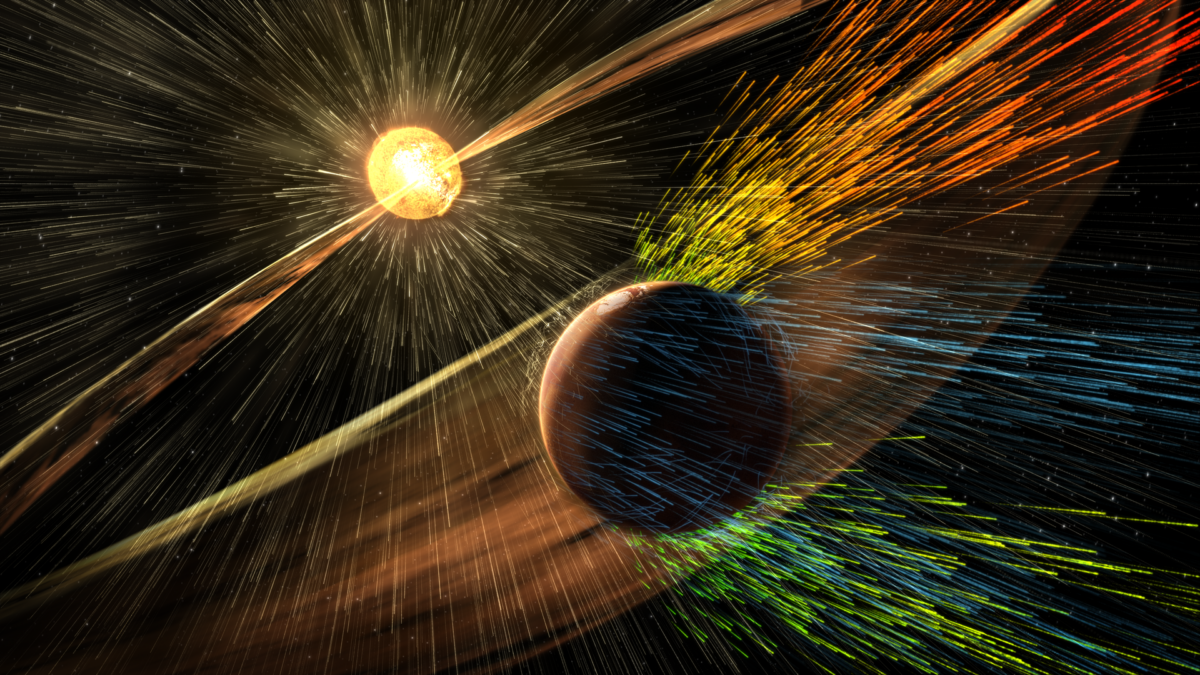Sébastien Galtier obtained a PhD at Observatoire de Nice in 1998 under the supervision of Prof. Annick Pouquet. His PhD was on 'MHD turbulence and intermittency'. He joined the Mathematics Institute of University of Warwick in 1999 as a post-doc before to obtain a permanent position at University Paris-Sud in 2001. He is now Professor in Astrophysics at Université Paris Saclay in the "Laboratoire de Physique des Plasmas". He was awarded as Junior and Senior member of Institut universitaire de France (IUF). His research interest is on turbulence in astrophysics and cosmology. He uses both high level mathematical tools and massive numerical simulations to study the properties of turbulence and discover new fundamental laws. The domains of application are diverse: solar wind plasma, supersonic interstellar medium, solar coronal heating, dynamo in stars and planets, and primordial gravitational waves. Magnetohydrodynamics (MHD) and general relativity are the main equations used to investigate these questions.
Heat and mass transport in porous media: Insights from experiments, simulations, and modelling.
The Sun acts as a gigantic natural wind tunnel producing a wind at speeds of 400 to 800km/s. This wind is made up of particles (mainly electrons and protons) and fields (magnetic and electric) that can be measured with great precision by ESA/NASA spacecraft. The two main properties of the solar wind are waves and turbulence. It is therefore natural to consider wave turbulence as a relevant regime for describing this medium. In this seminar, I will review recent results concerning solar wind turbulence at sub-MHD scales where the magnetohydrodynamic (MHD) model must be corrected by the Hall effect. In particular, I will show that the theory of wave turbulence [1] offers an elegant explanation for the monofractal behavior discovered in the imbalanced solar wind [2]. I will also show the surprising link between this subject and rotating HD turbulence.
[1] David, Galtier & Meyrand, Phys. Rev. Lett. (2024)
[2] Bowen et al., Nature Astronomy (2024).
21 March 2024, 16h3017h30
Webinar (please contact F. Romano for the link)

